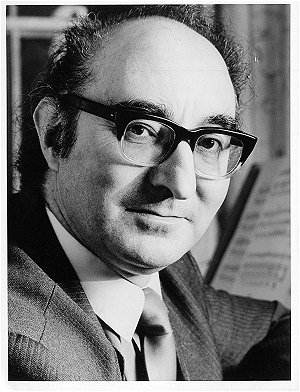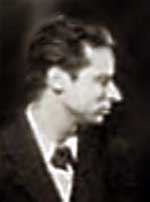I' will soon post the following by Francaix
Le Diable Boiteux
H Cuenod (tenor), c.Paul (Baritone)
ORTF, E. Bout
September 30, 1949
Le Diable Boiteux
H Cuenod (tenor), c.Paul (Baritone)
ORTF, E. Bout
September 30, 1949
BEFORE POSTING read our Guidelines.
This section allows you to view all posts made by this member. Note that you can only see posts made in areas you currently have access to.
Show posts Menu




Quote from: britishcomposer on Friday 03 August 2012, 16:10
Nice to see that Zbinden is still among us! Born in 1917 he will be 95 in November. (Only two months earlier Robert Ward will celebrate his 95th.)
The overture has the correct title Lémanic 70, op. 48 (1970)
The number relates perhaps to the year of composition. But what does 'Lémanic' mean?


